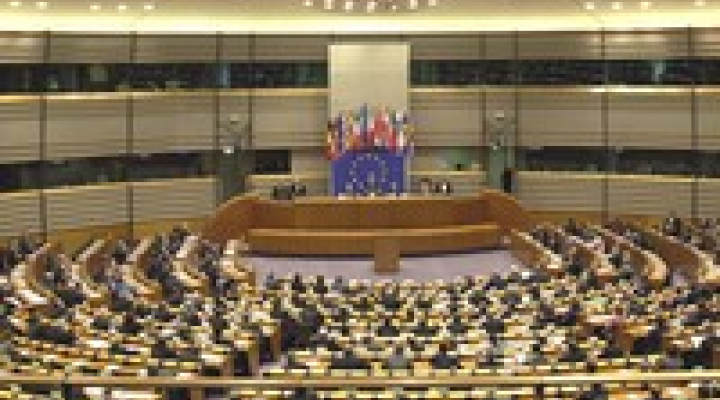72% of Europeans have high expectations of the EU's role to ease unemployment
"I am not surprised by the outcome of this survey. Understandably
Europeans are concerned about the impact of the crisis on their jobs
and families. ", said Vladimír ©pidla, Commissioner for Employment,
Social Affairs and Equal Opportunities. He added: "That's why action
has been taken at a European level since the very beginning of the
crisis to limit its impact on jobs. We have recently introduced
microcredits for people who want to start their own business, proposed
100% funding of ESF for the next two years to allow for continuous
training of workers, and urged Member States to make 5 million
apprenticeships available for young people who leave school. These
measures will help keep Europeans in jobs and help them back into jobs
if they lose theirs."
In terms of the EU's role in employment, 52%
of Europeans consider it to be positive, and this figure rises
considerably when addressing specific issues. 78% think the EU has a
positive role in improving access to education and training, 76% on
promoting gender equality, 73% on combating other forms of
discrimination and 72% on creating job opportunities and fighting
unemployment.
According to the survey results, around 3.5% of working Europeans have personally experienced job losses due to the economic crisis. 24% know a colleague who has lost their job and 36% know someone from among their friends or family who has been affected. Hardest hit are Latvia, Lithuania, Spain and Ireland, while people in Luxembourg, Greece and the Netherlands have experienced comparatively fewer job losses.
A third of Europeans in work (32%) are 'very concerned' that they may lose their jobs in the future, with more people worried about their partner (38%) or children (47%) losing their jobs. The level of concern is strongly linked to the reported incidence of job losses; citizens of those countries which have experienced the most job losses are also most concerned about further job cuts.
The concern about job losses is explained and compounded by the fact
that at least 6 in 10 Europeans feel that the worst of the economic
crisis is yet to come and only 28% think it has reached its peak, with
the highest levels in the Baltic countries (82% in Latvia, 76% in
Estonia and 74% in Lithuania think the worst impact is still to be
felt). In countries which have implemented comprehensive flexicurity
approaches, the outlook is more confident. 45% of Swedes and 36% of
Danes think that the peak of the crisis is now in the past.
Should
they need to find a new job, most respondents would opt for the same
type of job in the same location, or alternatively widen their search
to a different location, showing more openness to moving to a new area
than moving to a new type of job. About one in four of
those Europeans not working say they will take up any job; a result
that has not changed significantly since 2006. The majority of
Europeans believe that, in these times, professional experience and
qualifications are the two most important aspects in finding a new job
easily, followed by adaptability.
Overall, a third of Europeans (33%) are aware of the European Social Fund (ESF), the EU's main tool to support those who may lose their jobs as a result of the crisis. The Fund is best known in Slovakia (59%), Portugal (58%) and Spain (53%) and least known in Denmark (17%). A third of those asked felt the ESF's budget allocation of around 10% of the EU budget is too little and only 5% said it was too much.
The report, a summary and 27 individual country profiles are now available.
Further information
Special Eurobarometer 316: European employment and social policy
http://ec.europa.eu/public_opinion/index_en.htm











